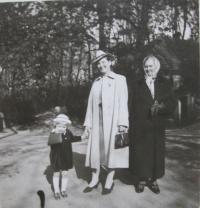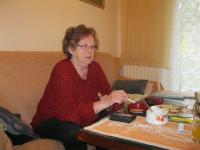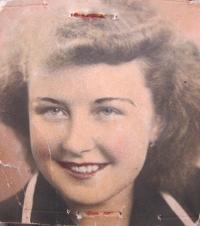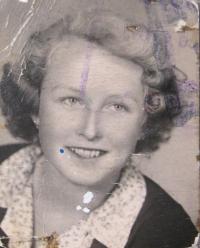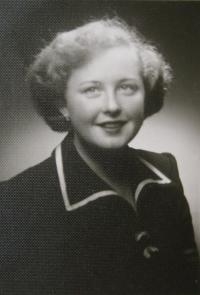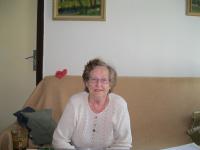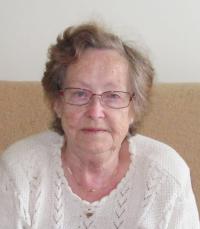My father was linked to the Three Kings, and he paid for it with his life.
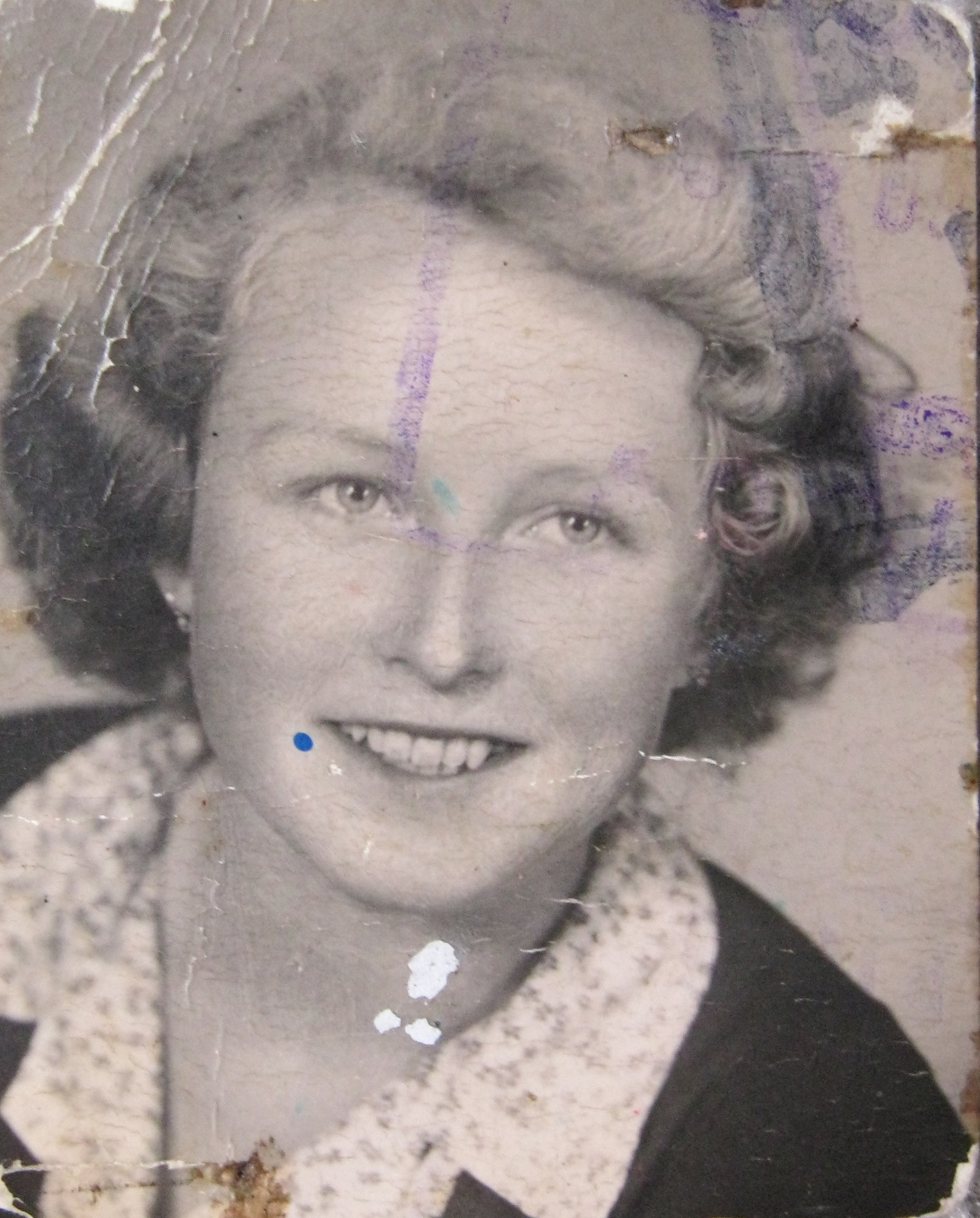
Download image
Marie Kovářová, née Lerachová, was born in 1934 in a small village of Mlázovy in the Klatovy district. Her father, František Lerach, has been involved in the activities of the Obrana Národa (Defence of the Nation) organization since the beginning of the occupation of Czechoslovakia. He was even linked to the intelligence-sabotage group Tři králové (Three Kings), which consisted of Lt-Col Josef Balabán, Lt-Col Josef Mašín, and staff captain Václav Morávek. Marie’s mother, Marie Lerachová, was also involved in supplying the anti-Nazi resistance movement. František Lerach was eventually arrested and then executed in October 1941. The whole family was persecuted during the war. The Gestapo conducted several house searches in her native house, and her father’s property was confiscated. Marie’s aunt Anna Lerachová cooperated with the resistance movement as well. She was hiding in Zádveřice near Vizovice and thus she managed to survive the war. After the war, Marie studied a school of social work and nursing, and she worked in healthcare. She married and moved to Uničov, where she has been living to this day.
